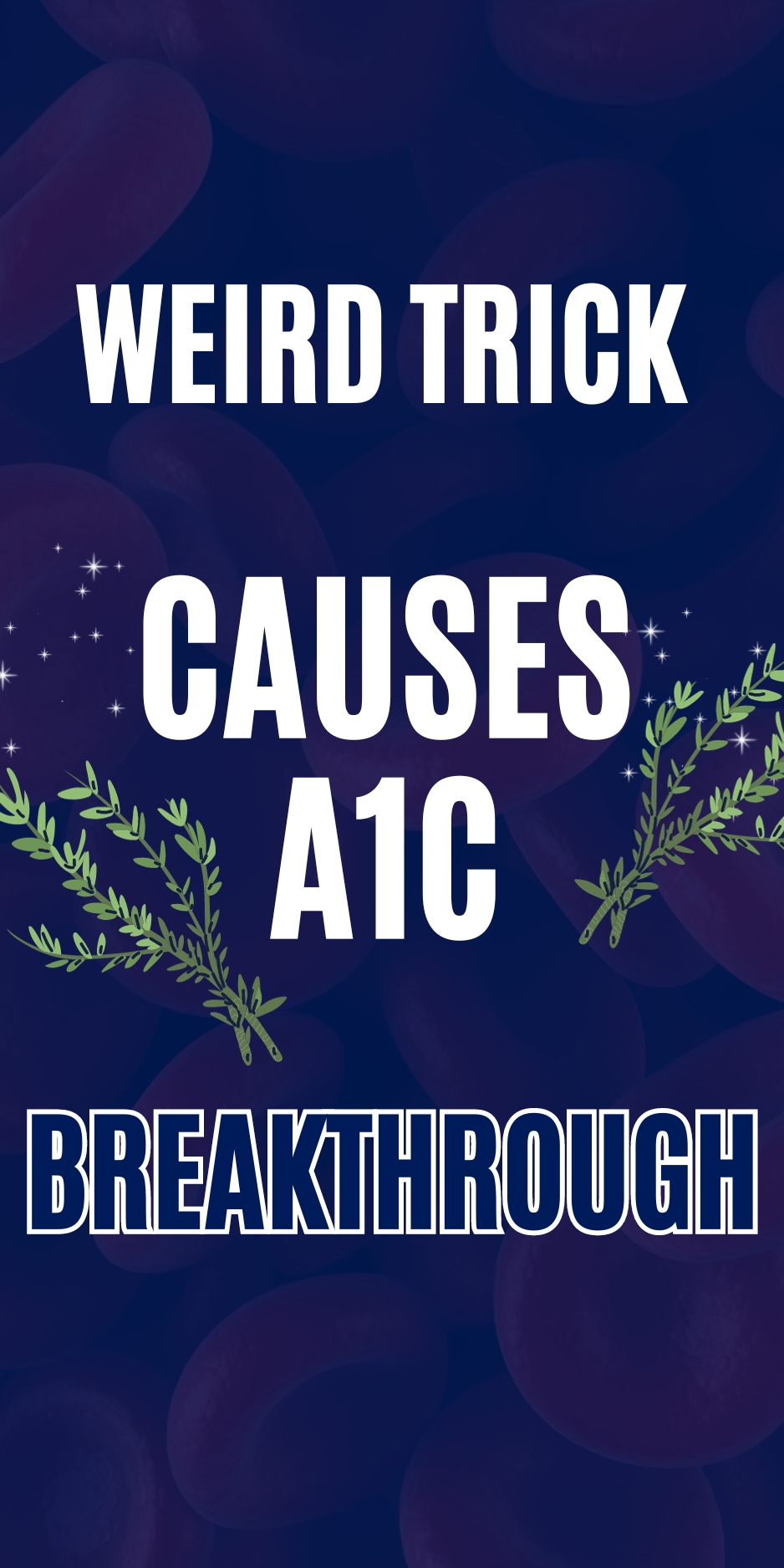In a world where health and wellness have taken center stage, the dynamic duo of dieting and fitness has become a cornerstone for achieving personal well-being. Dieting and fitness are often seen as two sides of the same coin, intricately intertwined in the pursuit of a healthier lifestyle. While they are distinct concepts, their synergy is undeniable, offering a comprehensive approach to achieving optimal physical and mental wellness.
The Dance Between Diet and Fitness
Dieting and fitness are complementary components of a holistic wellness journey. Dieting primarily focuses on the intake of nutrients and calories, shaping the foundation of one's nutritional habits. Fitness, on the other hand, encompasses physical activities that enhance cardiovascular health, strength, flexibility, and endurance. Together, they form a harmonious relationship, working in tandem to achieve a balanced and sustainable healthy lifestyle.
The Power of Proper Nutrition
Dieting goes beyond mere weight loss; it's about nourishing the body with the right nutrients to promote overall health. A well-rounded diet should include a variety of fruits, vegetables, whole grains, lean proteins, and healthy fats. It's not just about cutting calories; it's about making conscious choices that fuel the body, enhance cognitive function, and support immunity. A balanced diet can improve mood, reduce the risk of chronic diseases, and provide sustained energy for workouts.
Fitness: More Than Physical Appearance
Fitness transcends the pursuit of a chiseled physique. Regular physical activity offers a plethora of benefits that extend beyond aesthetics. Engaging in cardiovascular exercises, strength training, yoga, or any form of movement not only enhances muscle tone and flexibility but also improves heart health, boosts mood through the release of endorphins, and strengthens bones.
The Symbiotic Relationship
The relationship between diet and fitness is symbiotic; each element reinforces the other's effects. A nutritious diet provides the body with the necessary fuel for workouts, optimizing performance and recovery. Simultaneously, exercise aids in weight management by burning calories and preserving lean muscle mass, which is crucial for maintaining a healthy metabolic rate. The emotional benefits of exercise, such as reduced stress and anxiety, can also prevent emotional eating and support healthier eating habits.
Strategies for Success
Personalized Approach: There is no one-size-fits-all solution. Understanding your body's unique needs and preferences is key. Consulting a registered dietitian and a fitness professional can help tailor a plan that aligns with your goals.
Moderation, Not Deprivation: Instead of restrictive diets, focus on portion control and balanced eating. Deprivation often leads to binge-eating, making it harder to maintain a healthy relationship with food.
Consistency over Intensity: Consistency is key in both diet and fitness. Small, sustainable changes over time yield better results than sporadic, intense efforts.
Hydration: Staying hydrated is often overlooked but is crucial for optimal bodily functions, energy levels, and workout performance.
Rest and Recovery: Adequate sleep and rest days are essential for muscle recovery, injury prevention, and overall well-being.
Conclusion
The synergy between dieting and fitness is a harmonious journey toward a healthier, happier life. Embracing a balanced diet that nourishes the body and engaging in regular physical activity sets the stage for overall well-being. By understanding the intricate interplay between these two pillars, individuals can unlock the true potential of their physical and mental capabilities, leading to a more fulfilled and vibrant life. Remember, it's not just about the destination; it's about the transformative journey toward a healthier you.







